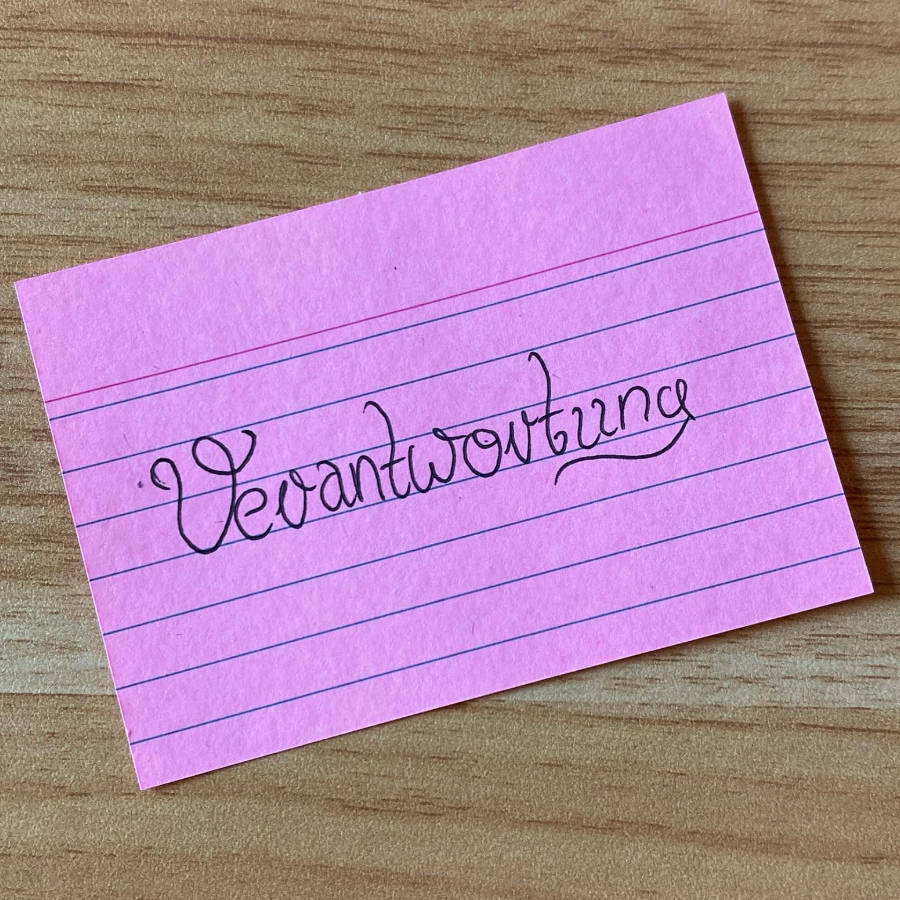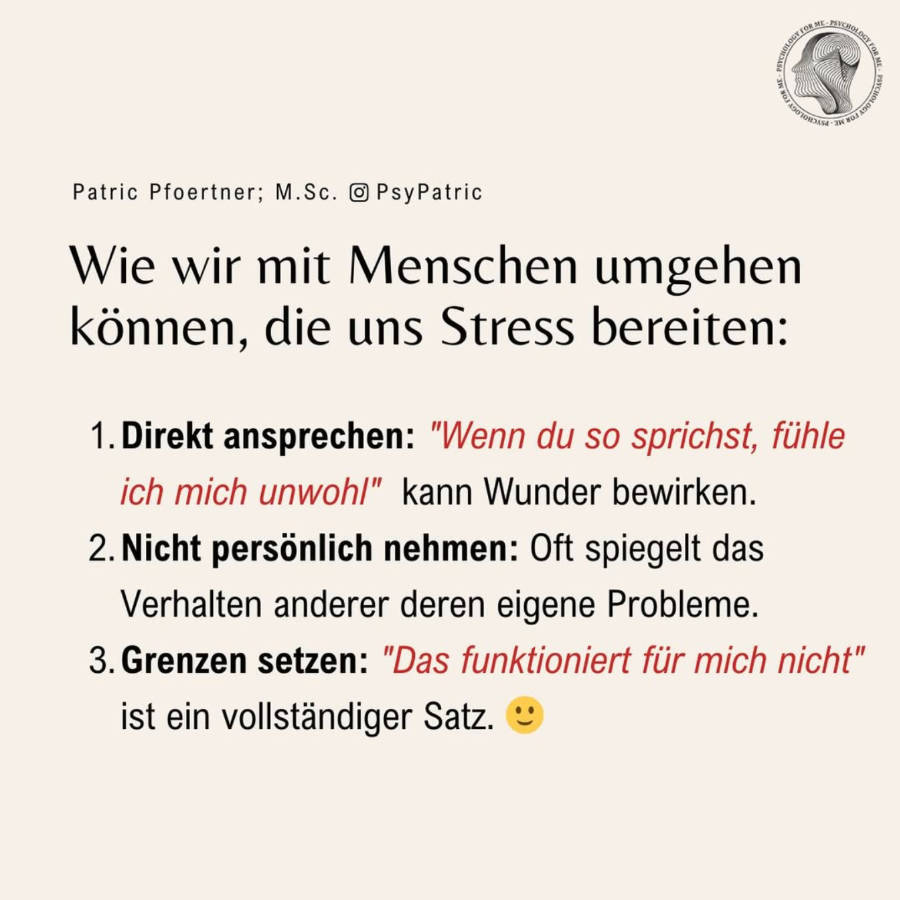Understanding Your Extraversion: A Psychologist's Perspective
As a professional psychologist, I often encounter questions about personality traits, and few are as commonly discussed as extraversion and introversion. These aren't just labels; they represent fundamental aspects of how we interact with the world and recharge our energy. This self-assessment, the Extraversion Personality Test, is designed to offer you a glimpse into your own unique social preferences.
It's natural to wonder where you stand on the spectrum of extraversion. Many people ask:
- What exactly is extraversion, and how does it differ from introversion?
- Is one better than the other?
- How does my extraversion level impact my daily life, relationships, and career?
- Can my level of extraversion change over time or in different situations?
Let's address some of these common thoughts. Extraversion typically refers to deriving energy from social interaction, enjoying group settings, and being outwardly expressive. Introversion, on the other hand, means finding energy in solitude or quiet activities, and often preferring deeper, more intimate connections over broad social engagement. Neither is 'better' or 'worse'; they are simply different ways of experiencing the world, each with its own strengths. An extrovert might thrive in a bustling office environment, while an introvert might excel in roles requiring deep focus and independent work.
Your results from this test can offer valuable self-awareness. For instance, if you score highly on extraversion, you might find that you feel most energized and alive when surrounded by people, engaging in lively discussions, or taking on leadership roles. If your score indicates a lower level of extraversion (often associated with introversion), you might recognize your need for quiet time to recharge after social events, and your preference for meaningful one-on-one interactions. Those with moderate scores often find themselves adaptable, enjoying both social activities and periods of solitude – a balance often referred to as 'ambiversion'.
Remember, personality is complex and fluid. While there are core tendencies, our expressions of extraversion can vary greatly depending on the context, our mood, and even our life stage. Understanding your preferences can empower you to create environments that support your well-being, whether that means seeking out more social opportunities or consciously carving out time for personal reflection.
This test is all about self-discovery. It helps you:
- Understand your natural social energy and preferences.
- Gain insight into how you prefer to interact with the world.
- Reflect on how your social style impacts your comfort and effectiveness in various situations.
Embrace your unique social style. By understanding yourself better, you can navigate your relationships and environment in a way that feels authentic and fulfilling.
























